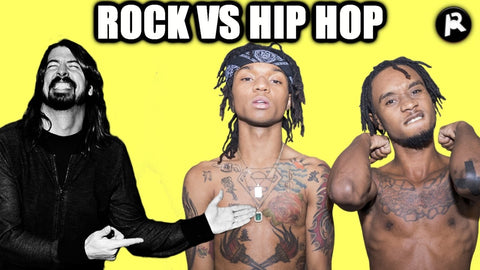
Let Down N' Out help you learn more about the history of hip-hop and why it can be considered "the new rock."
By now, I'm sure you've read some second-rate think piece asking one particularly loaded question: "Is rock dead?" Right now, in popular media, that seems to be the only thing that music journalists want to talk about when they bring up the genre. Anyone tapped into the world of rock music knows that it still has a stable pulse, but the health of the genre has undeniably fluctuated over the last two decades. Nothing lasts forever, and while rock n' roll reigned supreme for the better part of the last century, it's safe to say that it isn't the cutting edge of what's new and exciting anymore.
As sad as it is to acknowledge rock's decline, there is an upside. Artistic innovation never ceases, and new styles and influences have made their way into pop culture. One of the most prominent genres of music to bring alternative values and modes of expression into the mainstream has been hip-hop. Despite the drastically different musical style, hip-hop and rock share a surprising amount in terms of their cultural values. In a way, you could say that hip-hop is the new rock - at least in terms of what matters in modern music culture.

A Brief History of Hip-Hop
Originating in the '70s, hip-hop emerged as an amalgamation of the burgeoning underground art scenes of inner-city New York, specifically the Bronx. The style is traditionally rooted in African American, Latino American and Caribbean American culture. With artists like Grandmaster Flash and DJ Kool Herc pioneering deejaying as we know it today, the rapping and spoken word elements that overlaid their beats came together into music that was exponentially fresher and more interesting than anything else happening at the time. As the genre has expanded in the ensuing decades, its core ethos has remained mostly the same; hip-hop is characterized by deejaying, rapping (or MCing), breakdancing and graffiti culture, with lyrics usually centering on important social and political issues.


One of the things that makes hip-hop so exciting is the use of "sampling," where an artist will take a sample of another sound - be it from another piece of music, a movie or even audio recordings of everyday life - and work it into the beat of their song. Anything is fair game to be sampled, and the creative possibilities are limitless. Despite not being the most popular musical style in the '80s and '90s, hip-hop was still successful in its own right. It was around this time that it began bleeding into pop culture in a noticeable way. Not only were hip-hop fashion trends gaining serious momentum, but artists like The Beastie Boys and later Rage Against the Machine started integrating hip-hop elements into rock music.

Modern Hip-Hop
Now over 40 years since the early days, hip-hop has expanded into one of the most popular genres of music on the planet with its own share of subgenres and subcultures. While not every cultural element is present in modern hip-hop, great hip-hop records still retain the same spirit, and you can easily spot at least two or three of the trademarks on any project you listen to. Artists like Drake and Kanye West seem to have a limitless capacity for success in the modern musical landscape, with each release cementing them as the most recognizable stars of the current generation.


The explosion of trap music is completely indebted to hip-hop. As of 2020, Lil Baby had almost 4 billion streams on Spotify alone, and that number has only grown since then. Compared to a classic rock band like The Beatles, whose streams are roughly half that, modern listening preferences are clear. On the more countercultural side of things, hip-hop duo Armand Hammer and producer The Alchemist released some of the most avant-garde and aesthetically provocative music to get mainstream attention in quite some time this year with their album Haram. If you think that's an exaggeration, just listen to "Peppertree" and eat your words. We can't even show the album cover without getting demonetized.
The Alternative Rap Scene
No breakdown of hip-hop engulfing rock would be complete without a discussion of the alternative rap scene happening at the moment. There is a new crop of artists from the early 2010s blending elements of hip-hop, rap and alternative rock. Most prominent in this scene was Lil Peep, but other artists are still keeping the genre alive, with some even seeing mainstream success. Alt rapper Lil Lotus signed a deal with Epitaph Records a few years ago, the label that once hosted both Bad Religion and NOFX, in case you weren't aware.

This particular strain of "rap music" is essentially alt rock with electronic drums and samples. The sound of alt rap is really the inverse of The Beastie Boys; hip-hop instrumentals and song structures with rock style singing and guitars. It feels like the future of rock music more than anything else. Not to mention trap metal, which is the heavy equivalent of "alternative rap" and is arguably more aggressive and abrasive than most modern metal. See artists like City Morgue and Scarlxrd if you're looking to put your eardrums to the test.

Rock vs. Hip-Hop
When looking at both rock and hip-hop objectively, the ideological similarities are more obvious than you'd think. Where punk rock marks the inception of D.I.Y. characteristics in modern music, hip-hop seems to have picked up where the punks left off. Hip-hop artists use samples and deejaying equipment to create new songs, in many cases with minimal access to production technology. This is debatably the most "punk" way to make music, especially in the modern age with easy access to audio recording software. Not to mention that beyond the music itself, both genres represent a changing of the guard in what youth culture cares about. Rock at its most significant always double-functioned as a social statement, and the same is true of hip-hop to an even greater degree. When looking at the music from this perspective, it seems only natural that hip-hop would one day overtake rock in social significance.
Man, look at all this scholarly writing! We actually remembered something from school. How about that. If we can look at rock like a badass biker anthropologist, you best believe we make some of the best biker shirts, hats and other gear on the internet. Browse our collection of funny shirts, skull shirts and more featuring a celebration of everything hot rod and Kustom Kulture.



